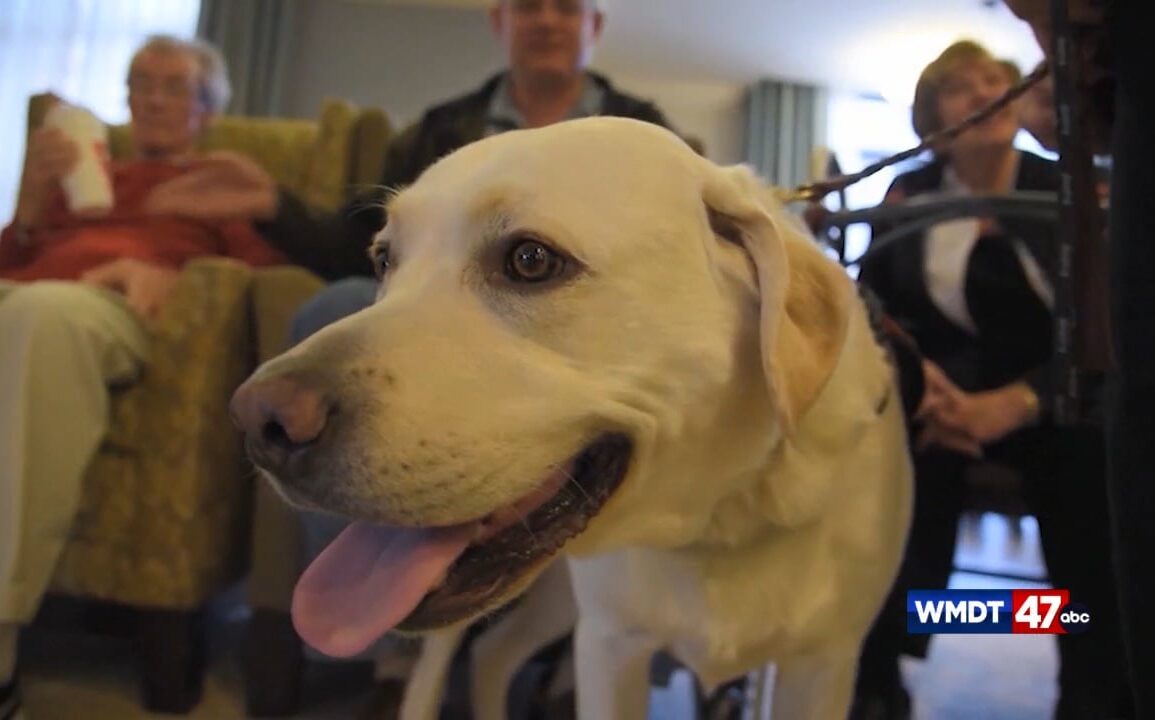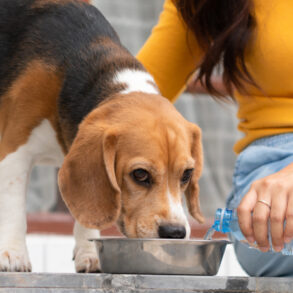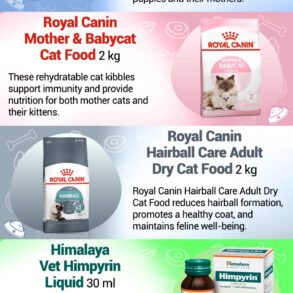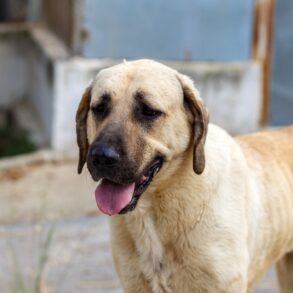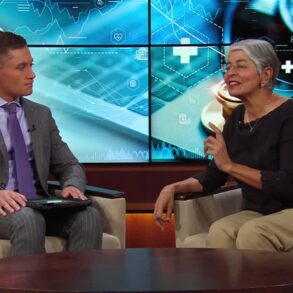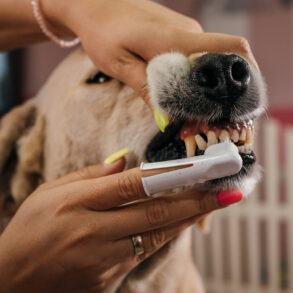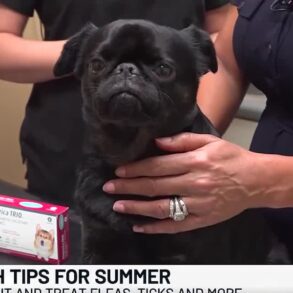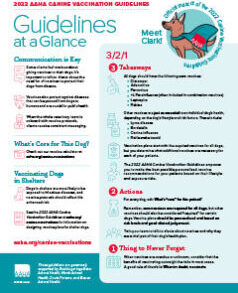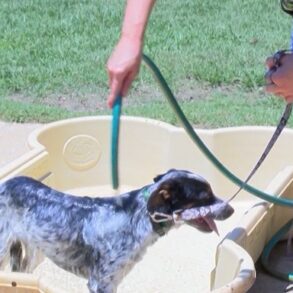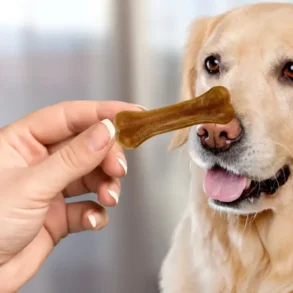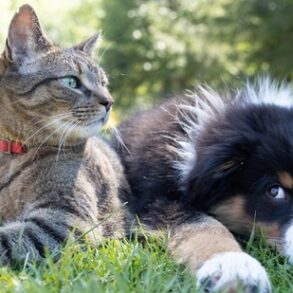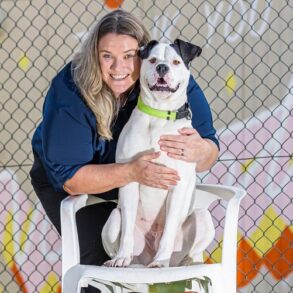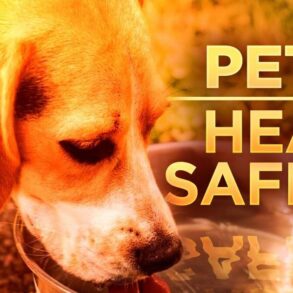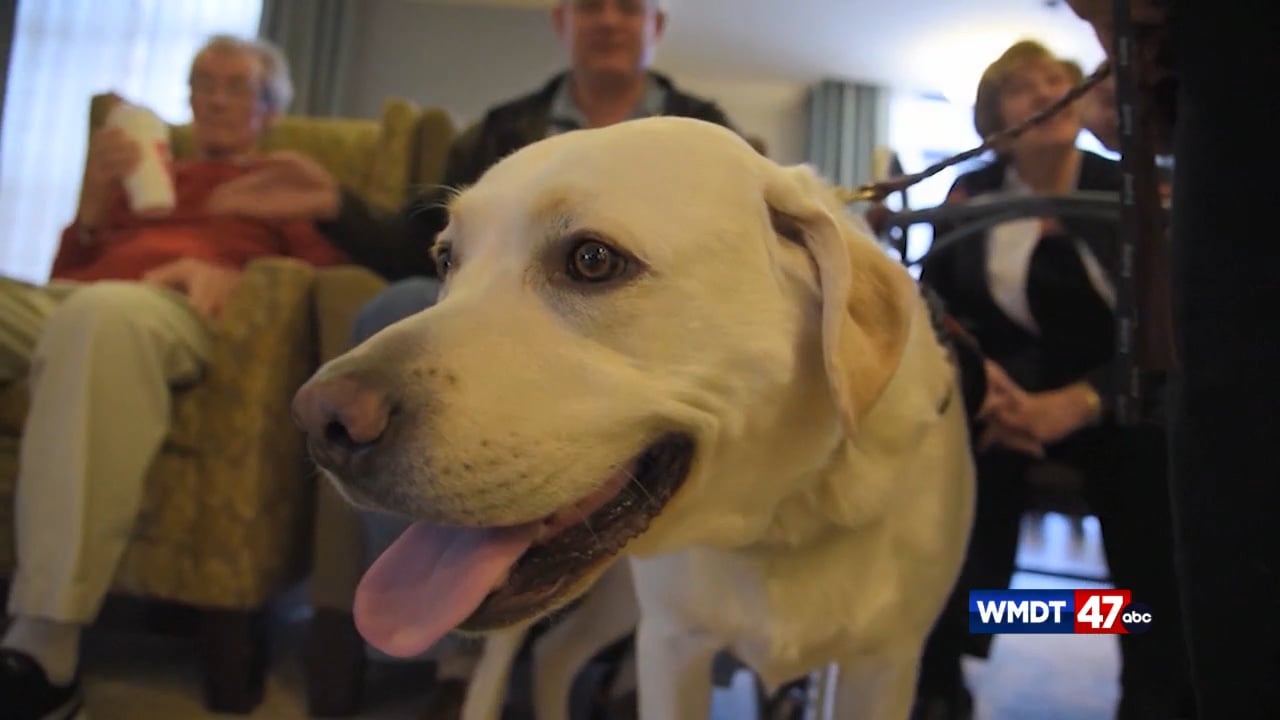
DELMARVA – If you’re a pet owner, you probably want to do whatever you can to keep your furry companion happy and healthy.
Dr. Marianne Bailey with the Queenstown Veterinary Hospital says heart disease should be on every pet owner’s mind. If you have a dog, coughing, especially when laying down or exercising, is one early symptom. Another common symptom is an increase in their respiratory rate. For cats, Dr. Bailey says they often don’t show symptoms, so you might not even know they have the disease.
“Regular visits to your veterinarian, they’re going to be the best way to screen for heart disease, and early detection is always going to be the best thing.”
Your cat or dog’s breed can also be a factor in their likelihood of developing heart disease. Dr. Bailey says Mainecoon and other large breed cats tend to be more susceptible. For dogs, Cavaliers and King Charles Spaniels are at a higher risk for the disease.
While veterinarians can diagnose heart disease, if your furry companion is diagnosed, they should be referred to a veterinary cardiologist.
“The goal of a veterinary cardiologist is really to get started on treatment if the veterinarian hasn’t, but then to work with your regular veterinarian. The cardiologist is still going to want to see your pet once a year to maintain that relationship. We can work alongside the cardiologist to make sure we have the best plan for your pet.”
Dr. Bailey adds that your vet can send x-rays, notes, or questions to the cardiologist, and ask for advice on adjusting medications if needed.
This post was originally published on this site be sure to check out more of their content.




